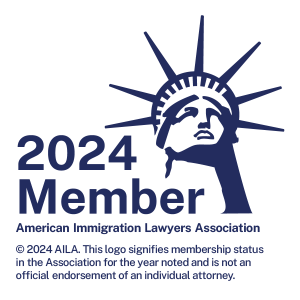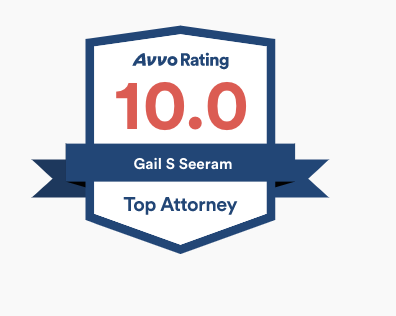
U.S. Custom and Border Protection provides data on departures and overstays, by country, for foreign visitors to the United States who entered as nonimmigrant visitors and were expected to depart in fiscal year 2016. The report specifies that U.S. Customs and Border Protection (CBP) processed 50,437,278 in-scope nonimmigrant admissions at U.S. air and sea ports of entry who were expected to depart in fiscal year 2016—of which 739,478 overstayed their admission, resulting in a total overstay in the U.S. of a rate of 1.47 percent.
Out of the total population, of the more than 21.6 million Visa Waiver Program (VWP) visitors expected to depart the United States in fiscal year 2016, 147,282 overstay in the U.S., with 128,806 suspected in-country overstays (a .60 percent suspected in-country overstay rate for VWP travelers). Of the more than 13.8 million non-VWP visitors—excluding Canada and Mexico—expected to depart the United States in fiscal year 2016, 287,107 overstay in the U.S., with 263,470 suspected in-country overstays. This resulted in a 1.90 percent suspected in country overstay rate.
Of the 1,457,556 students and exchange visitors scheduled to complete their program in the United States in fiscal year 2016, 79,818 overstay in the U.S. beyond their authorized window for departure, resulting in a 5.48 percent overstay rate. Of the 79,818, 40,949 are suspected in-country overstays (2.81 percent).
DHS conducts the overstay identification process by examining arrival, departure and immigration status information, which is consolidated to generate a complete picture of an individual’s travel to the United States. Due to continuing departures and adjustments in status, by January 10, 2017, the number of suspected in-country overstays for fiscal year 2016 decreased to 544,676, resulting in a suspected in-country overstay rate of 1.07 percent.
DHS anticipates that these overstay in the U.S. numbers will shift over time as additional information is reported. Specifically, the overall suspected in-country overstay rate will continue to decline as the number of individuals who have departed or transitioned to another immigration status after their initial period of authorized admission ended grows.
For more information on overstay in the U.S.,
email [email protected] or call 1-877-GAIL-LAW or 407-292-7730.
FREE in-office consultation – FREE Live Chat www.GailLaw.com
Copyright © 2016, Law Offices of Gail S. Seeram. All Rights Reserved.













